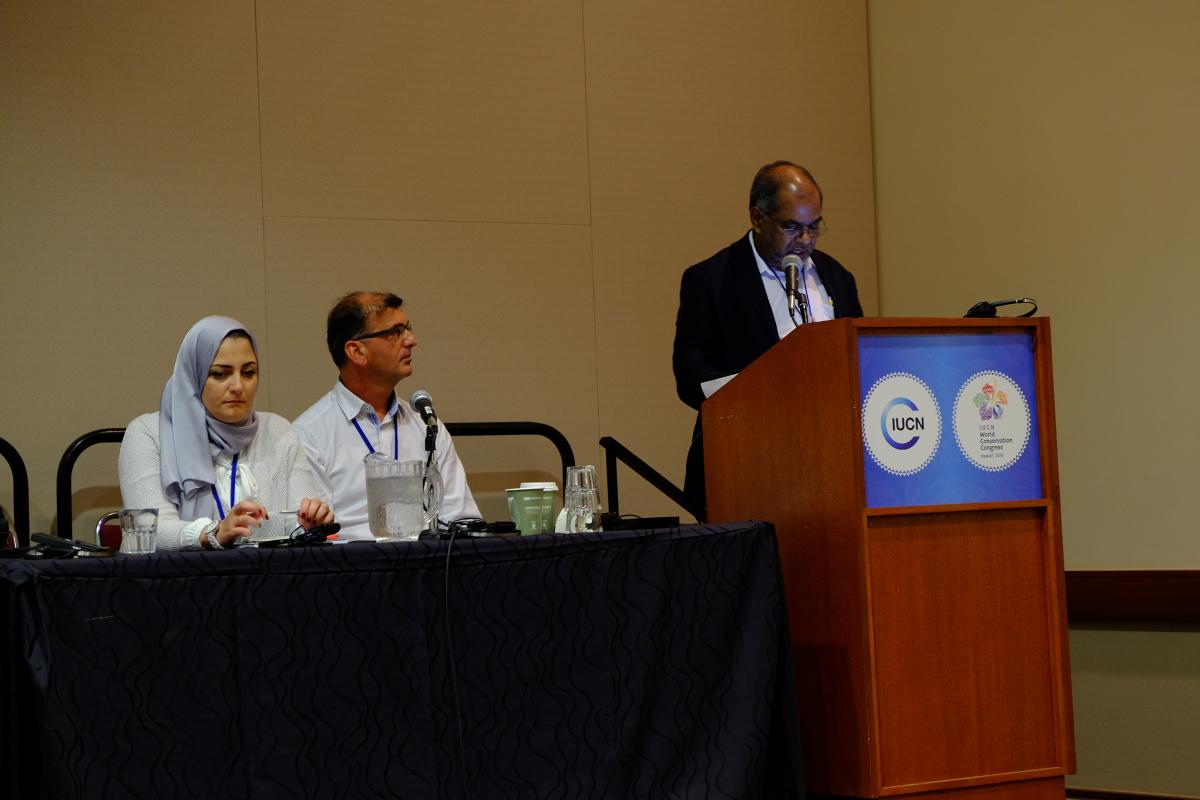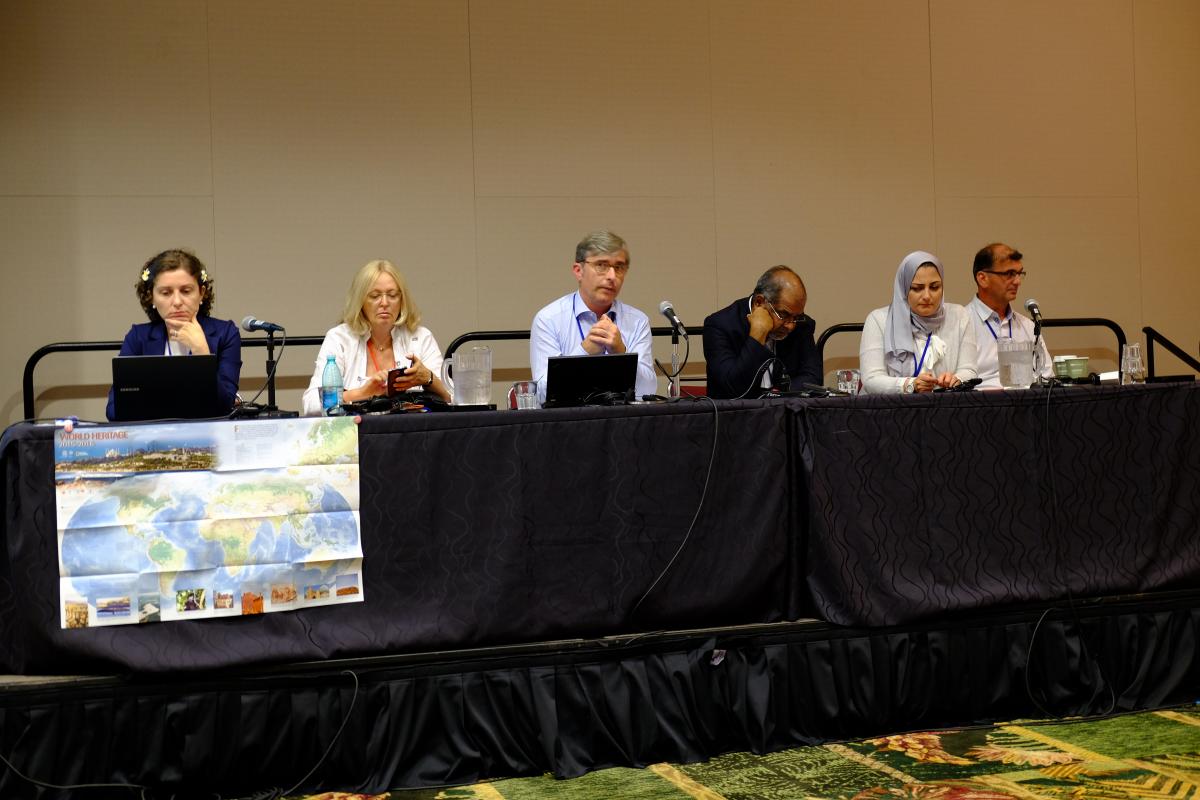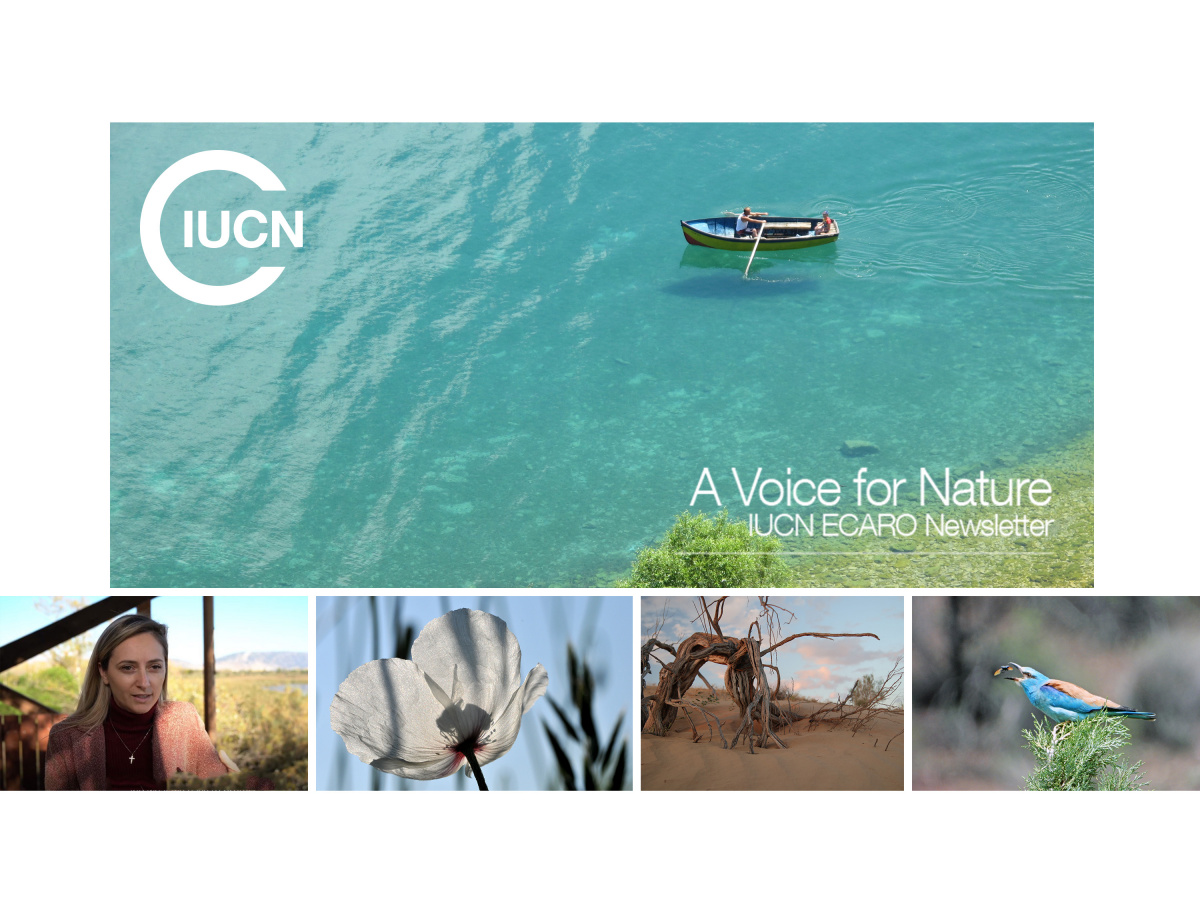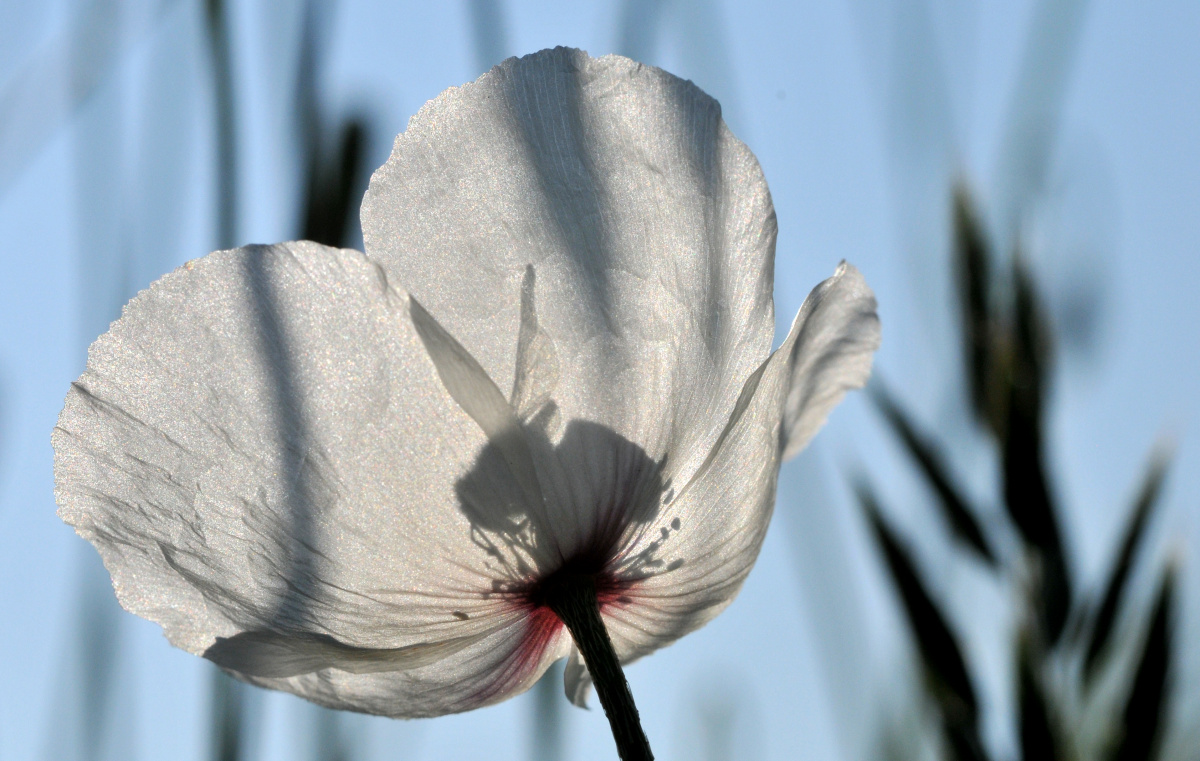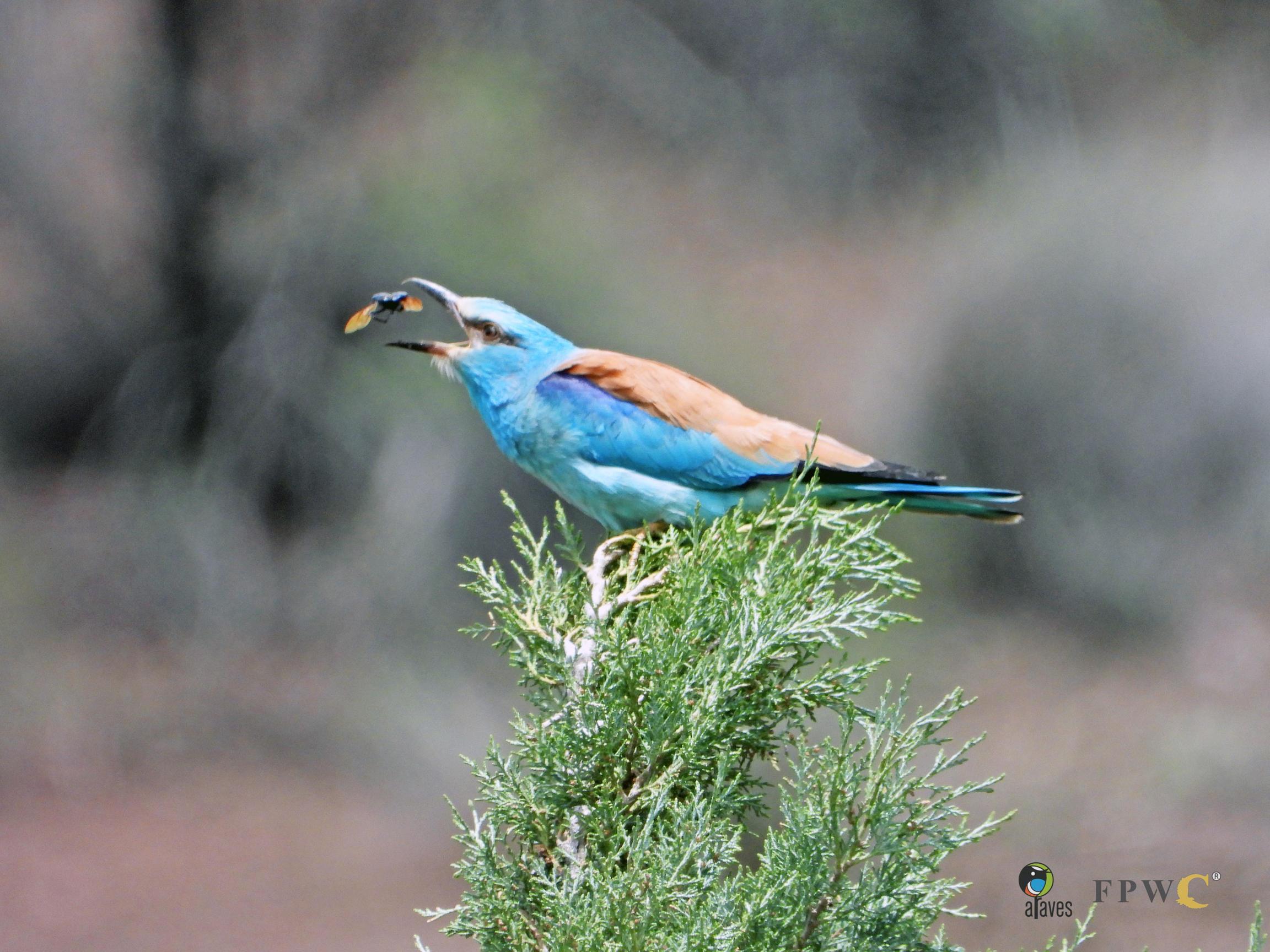The World Heritage Upstream Processes and Beyond
This workshop offered a space for participants to share experiences related to Upstream Processes and other ways the Advisory Bodies (ABs) to the World Heritage Committee support the State Parties (SP) in the implementation of the World Heritage (WH) Convention. Main focus was the promotion of creative approaches that can strengthen the implementation of the WH Convention.
In the opening speeches, Mr. Boris Erg, Director IUCN ECARO, and Ms. Mechtild Rössler, Director of the Division for Heritage at the UNESCO WH Centre, reiterated the importance of the “upstream process” as a proactive approach to support SP on the implementation of the WH Convention. The presentations that followed provided insights into upstream processes in different regions of the world. Ms. Ekaterine Grigalava, Deputy Minister of Environment and Natural Resources Protection of Georgia, presented Georgian experience in identification of potential natural WH sites among the existing protected areas in the country. The following speaker, Mr. Gamini Wijesuriya, Project Manager, Sites Unit, ICCROM, stressed that every nomination process engages and inspires a range of audiences, and that each nomination process constitutes an empowerment opportunity for the various stakeholders. Haifaa Abdulhalim, specialist for Arab Regional Centre for World Heritage noted the importance of thematic studies, the operational guidelines, nomination manuals and other documents in supporting the Upstream Processes. The final presentation by Oliver Avramoski, Project Officer at IUCN ECARO, elaborated on the complex interactions between the ABs and the challenge of mainstreaming a multidisciplinary advice to the State Parties in case of mixed properties, and in a transboundary context.
The discussion that followed addressed the importance of capacity development as an integral component of the Upstream Processes, the need to differentiate between advice and responsibility, and the issue of managing expectations from the stakeholders. In concluding the meeting, Peter Shadie, Coordinator at the IUCN Regional Protected Areas Programme, Asia, noted that the Upstream Processes allow for a more efficient use of resources and help avoid potential problems once a nomination is submitted and enters the evaluation cycle. In that respect, the upstream support is most effective through the earliest possible collaboration between the State Party and Advisory Bodies. Consultation on the development of Tentative Lists can ensure that the strongest candidates for nomination are brought forward and in the best possible configurations. In addition to system level upstream support it is desirable to engage at a site level through some pre-assessment screening. He reinforced the interest of IUCN in the upstream support and stressed that it can be helpful as WH increasingly embraces rights based approaches, land/seascape approaches, benefits sharing and sustainable development considerations.
